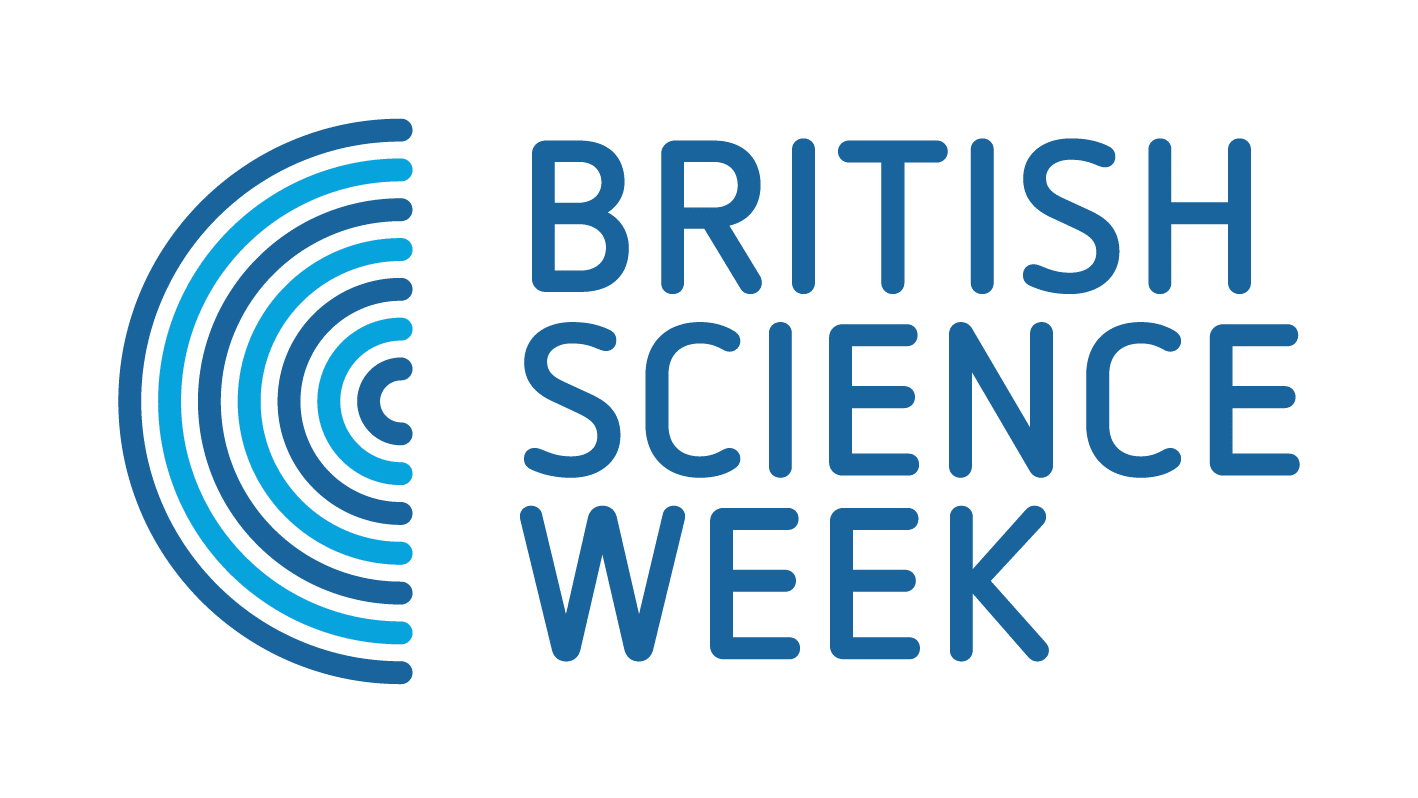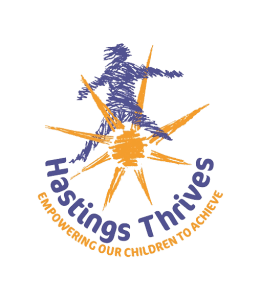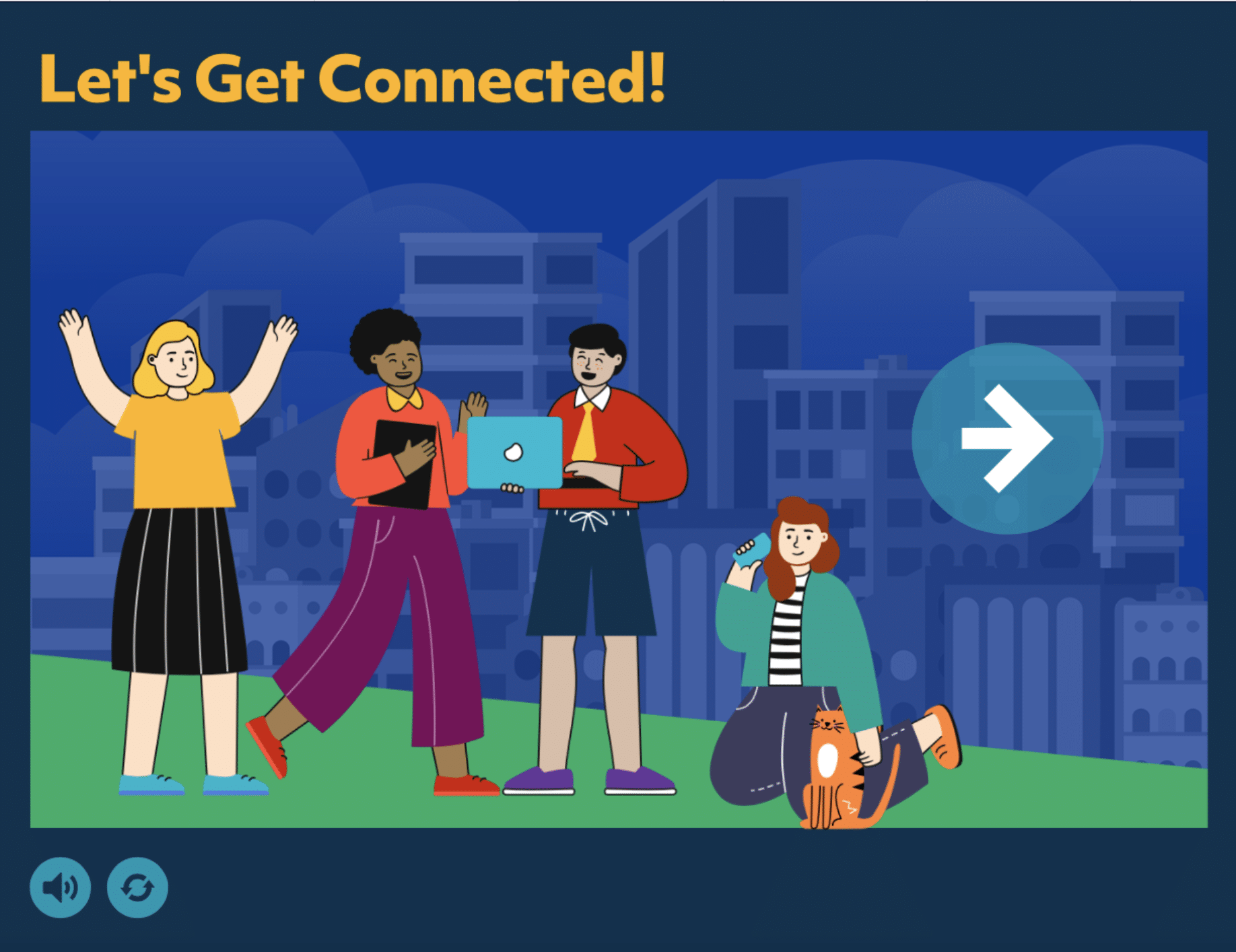Connections
Science Week 2023 looked at Connections.
How people connect can be seen through the eyes of the chemical oxytocin. This chemical is also know as the love chemical, as it helps bond people together.
The interactive above looks at different ways we can connect with people and helps us understand our best ways to connect. There is a practice diary to print out at the end.
Our grateful thanks to the Magdalen and Lasher Trust.
Teacher Training
Children start to develop perceptions about whether science is ‘for them’ towards the end of primary school. They can easily be put off at this stage – seeing science as `’too hard”. It’s vitally important that they receive good quality and inspiring teaching in primary school to encourage them; it can unlock a key to successful educational life at secondary school and establish good habits for their later life of learning too.
Hastings Thrives, with the support of The Magdalen and Lasher Charity, has paid for the continuing professional development of staff in 6 local primary schools, so that pupils can experience inspiring science teaching that builds their understanding of the value and place of science in their lives. Science specialist Jacky Cross leads the training and has provided network support with Silverdale Primary, taking the lead in co-ordinating the schools’ network. Two schools, Silverdale and Robsack Primary Academies have worked hard and both have achieved the Science Quality Standard Mark, with The Baird, also aiming for the Quality Mark.
Science Week

Science Week was 10 – 19th March, with the theme of “Connections”
Thanks to funding from The Magdalen and Lasher Charity, schools were able to respond to Science Week in the ways they wanted. Here are just a few examples:
Science
Science develops children’s understanding of the world. It nurtures curiosity. It teaches essential skills like observation, prediction, analysis, reasoning and explanation; all things that are invaluable in all school subjects – from literacy to history, mathematics to music and art (think: lets try out this colour on this background). While good for everyone, science can be particularly beneficial for some neurodiverse children, who thrive with reasoning and explanation.
Silverdale
Every year group participated from building rockets, buying textbooks, loan boxes from museum, seeds, plants, tools, materials to make egg protectors and other resources.
Dudley Infants
Dudley Infants had a Wild Science presentation and workshop for all children in the school.
Hollington
Did some brilliant lessons with cocoa powder, celotaper, string, Balloons and Paper Straws.

